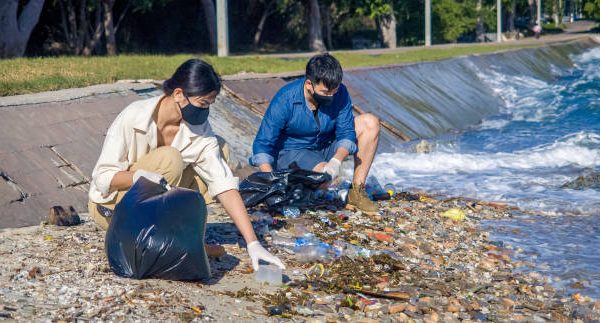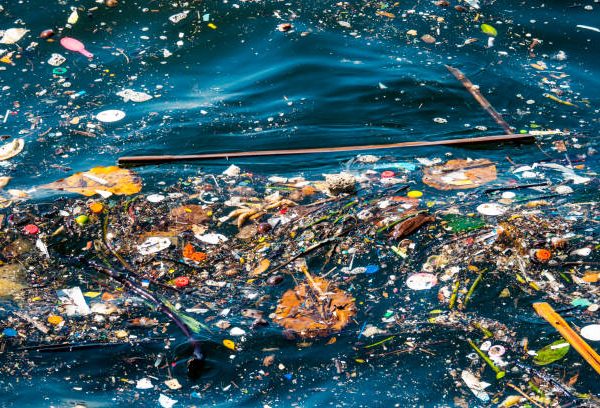

Advocacy: To reach the full potential of Africa’s blue economy, JET Africa is advocating for clear messaging in the packaging industry and driving better awareness of the dangers of plastics and their contributions to emissions. Countries and regional entities would be brought together to work collaboratively to promote, protect, and sustainably grow the continent’s fisheries, better manage pollution, and safeguard and restore biodiversity and ecosystems.
Alternatives: Reducing the use of plastic is essential for a sustainable future. Jet Africa will bring together a network of resources for collective action and work with willing organizations in the manufacturing and packaging industries to conduct research and a feasibility study on the identified and innovative replacement for plastics. Some of the identified alternatives include paper and cardboard, glass, natural fibres, mushroom based materials.
Plasticity: The phrase “plasticity” combines the words plastic and sustainability. The plastics value chain has the potential to provide several formal and informal jobs for Africans. Plastic is not inherently bad; it is a man-made material that contributes multiple benefits to society. However, the current linear economic model of “take-make-waste” is the root cause of plastic pollution. The way plastic is produced and the way products and packaging are designed, combined with how plastic items are managed after use, are highly unsustainable and damaging to both human health and nature.
When considering alternative uses for plastic, it is important to keep in mind the principles of the circular economy, which aim to keep materials in use for as long as possible, reduce waste and pollution, and create a regenerative system. Some alternative solutions that recycle and convert plastic waste for development purposes.
Plastic waste-to-energy.
Recycling and upcycling.
Composting and water filtration amongst others.
